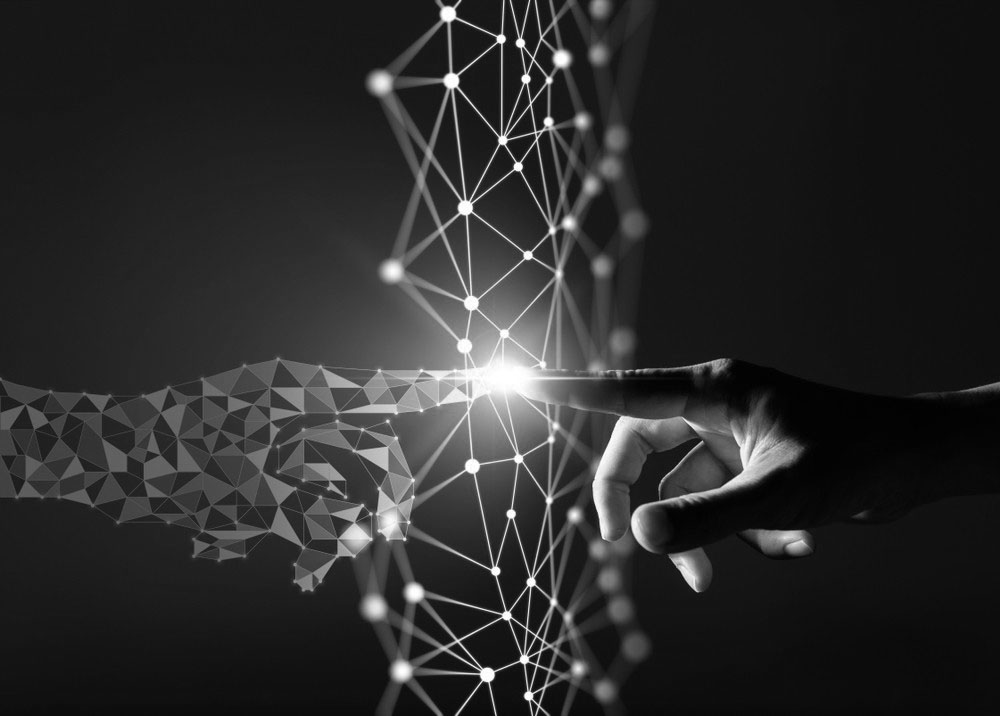It’s a funny world we live in. AI, designed to simplify our lives, often evokes mixed feelings. And why is that? We adapt AI to scale businesses, drive innovation, and move humanity forward. Yet, ironically, “This sounds like AI” is frequently used as an insult, suggesting a lack of authenticity and human touch.
How did we end up here, where AI is both indispensable and stigmatized?
I go through hundreds of news articles daily, reviewing content across various industries. And let me tell you, with AI at our fingertips, the possibilities seem endless. At the time of writing, researchers have discovered breakthroughs for cures for debilitating diseases like ALS and various forms of cancer. Engineers are exploring new sources of alternative energy, and scientists are continually finding ways to improve our quality of life.
In many ways, the world has improved dramatically due to AI advancements. It’s become so easy to outsource even the simplest decisions to algorithms.
Still, let’s not forget what makes us inherently human. Our intuition and ability to reason, our empathy and creativity, our nuanced understanding of content and desire—these traits are irreplaceable.
In other words, while AI assistants help us generate ideas, handle routine tasks, personalize experiences, and do a thousand different things, the spark of originality still comes from us. Because only we can make it personal.
There’s this Sylvia Plath quote:
“I can never read all the books I want; I can never be all the people I want and live all the lives I want. I can never train myself in all the skills I want. And why do I want? I want to live and feel all the shades, tones and variations of mental and physical experience possible in my life. And I am horribly limited.”
I think about this daily.
Working in content and using AI allows me to touch a bit of everything. And still I miss the tactile experience of writing by hand. (There’s something profoundly human about guiding a pen across paper, knowing everything comes directly from your mind.)
Maybe this is what people working in AI are thinking about too, on a deeper level. To capture the vast spectrum of human experience in our work—to seek out endless knowledge, take on diverse perspectives, and acquire multiple skills—and still be mindful of our limitations. Plath’s words remind me that while we may never achieve it all, the pursuit itself stretches our creativity and fuels our passion for continuous learning and innovation.
Of course, the concerns about AI are valid and real, but they are not insurmountable. Technology will adapt to human needs with consideration for the greater good.
The true benefit of AI is in freeing up time for us to focus on what truly matters—whether it’s building relationships, pursuing creative endeavors, or solving complex problems. Once we find the right balance between AI efficiency and human ingenuity, we’ll reach unprecedented levels of innovation and fulfillment.
After all, isn’t that what these developments are for—enriching our lives without diminishing our humanity?
But then again, by integrating AI into every facet of our lives, we’re subtly becoming more machine-like in our routines, preferences, and even our thoughts. It’s a paradox both fascinating and alarming. We want emotionally intelligent AIs, yet in our pursuit to further our humanity, we might be sacrificing parts of what make us uniquely human in the process.
So, maybe it’s not so funny after all. But acknowledging this irony is the first step towards balancing AI with preserving our unique human nature.

